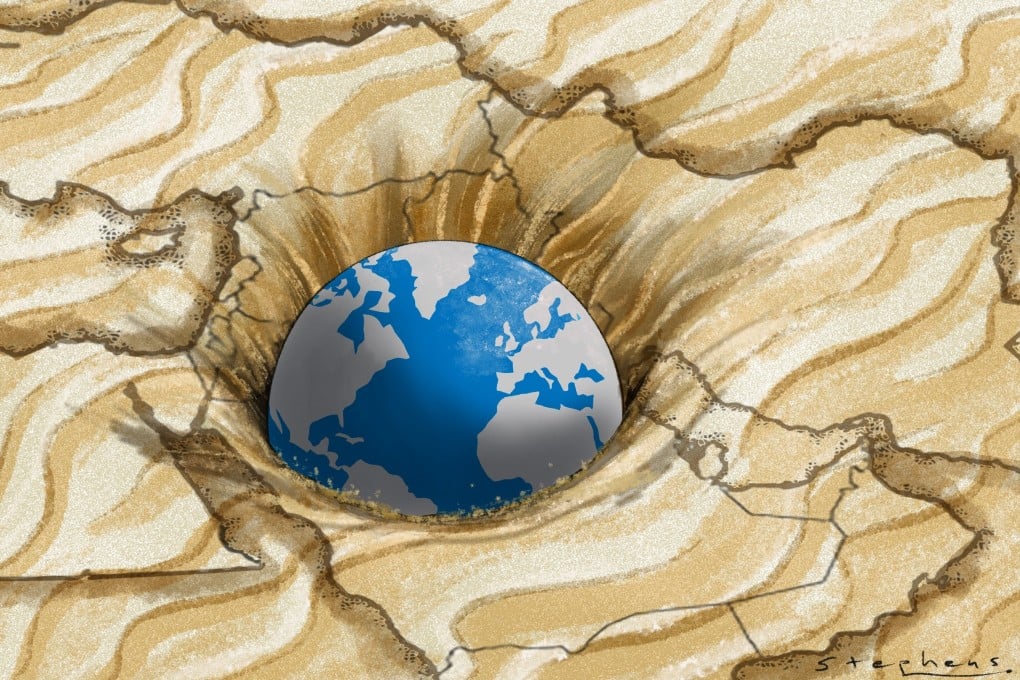Opinion | How a wider Middle East war could bring a world recession
Volatile oil prices, shaky investor confidence and prospects of interest rate increases threaten a global slowdown if Israel’s war expands

The past week tells us the balance of power in the Middle East is fundamentally changing and long-held assumptions of geopolitical risks are being swept aside. The same holds true for the global economy as the severity of a pullback will depend on the scale and duration of the conflict.
One gauge of the potential menace ahead is the sudden spike in oil prices, which have climbed about 8 per cent in the wake of Iran’s missile attacks on Israel on October 1 and after President Joe Biden said the US was discussing possible strikes by Israel on Iran’s oil industry.
Disruptions in production and supply within the region could imperil already tepid global growth, which the World Bank projects at 2.6 per cent this year and 2.7 per cent in 2025. That is well below the 3.1 per cent average in the decade before the Covid-19 pandemic.
The Persian Gulf is by far the world’s most important energy-producing region. Seven countries in the region – Bahrain, Iran, Iraq, Kuwait, Qatar, Saudi Arabia and the United Arab Emirates – produced about a third of the world’s crude oil in 2022 and held about half of the world’s proved crude oil reserves. In 2018, more than a fifth of world oil shipments passed through the Strait of Hormuz between Iran and Oman.

